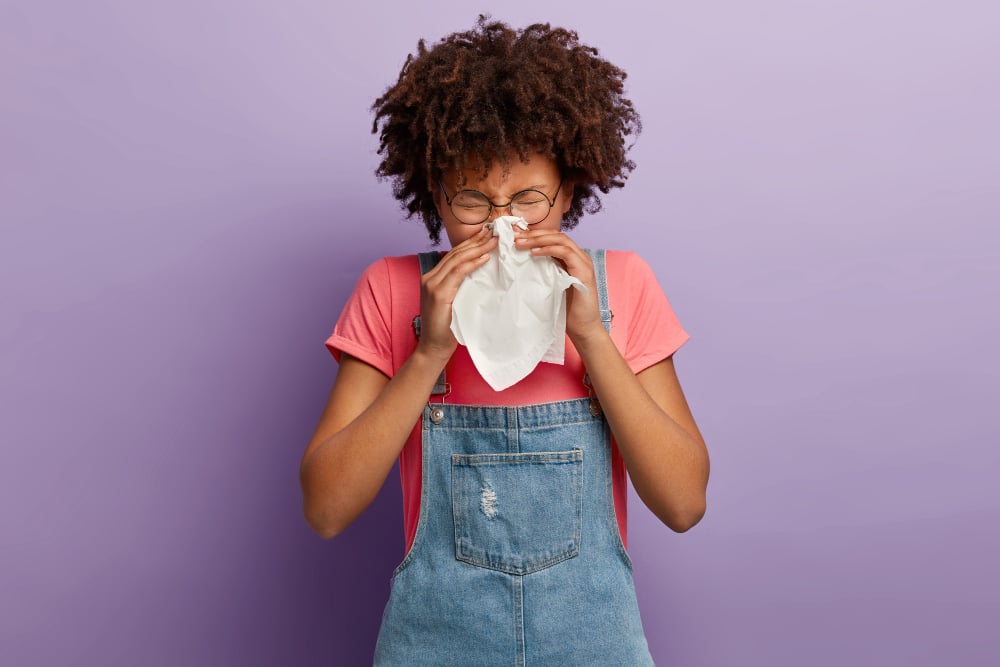
Those summer nights are beginning to shorten, and the cold nippy Autumn air is slowly moving in. Yes, the Cold and Flu Season is making its way back around. While catching a flu or a cold can’t be entirely avoided, there are still some ways to protect yourself. What are they? Well, keep reading for our tips and detailed explanations.
When Does Flu Season Strike?
You can expect the flu season hits the US around October, but for some parts of the country, specifically the area with warmer climates, it won’t rear its head until around December or January. To get a good indicator of the cold and flu season, you can look at the patterns for the Southern Hemisphere (where the seasons occur at opposite points of the year). For example, a bad flu season in Australia may be an indicator that we could experience a bad one ourselves.
What are the Differences Between Flu Symptoms vs. Cold Symptoms?
According to the CDC, influenza and the common cold are both contagious respiratory illnesses. However, both of these are caused by different viruses. When it comes to the flu, it’s only caused by the influenza virus, but various viruses can cause the cold. Some viruses that can ignite the common cold include parainfluenza and rhinoviruses. It can be entirely understandable to get the common cold and the flu mixed up; after all, many of their symptoms overlap.
In short, here’s a way to tell the difference: flues are more intense than the cold and will abruptly happen. Colds are milder and include a stuffy nose, while the flu doesn’t have this as a symptom. Plus, the flu can lead to serious health problems such as pneumonia and hospitalization while the cold does not.
[Related: Staying Healthy During Wildfire Season]
The Best Preparation is Prevention
You might have heard the saying an ounce of prevention is worth a pound of cure. That’s to say a few simple tips can pay off big if you don’t have to deal with a cold or flu this season. Better yet, these tips will still help you improve your overall health.
1. Get a Flu Shot
If you want to drastically reduce your risk of getting the flu, then you’ll want to make an appointment for your flu vaccination. Not only does this protect you but those around you as well. If possible, you should get the flu shot in September rather than October. This can ensure it’s taken its full effect at the onset of the flu season.
2. Wear a Mask
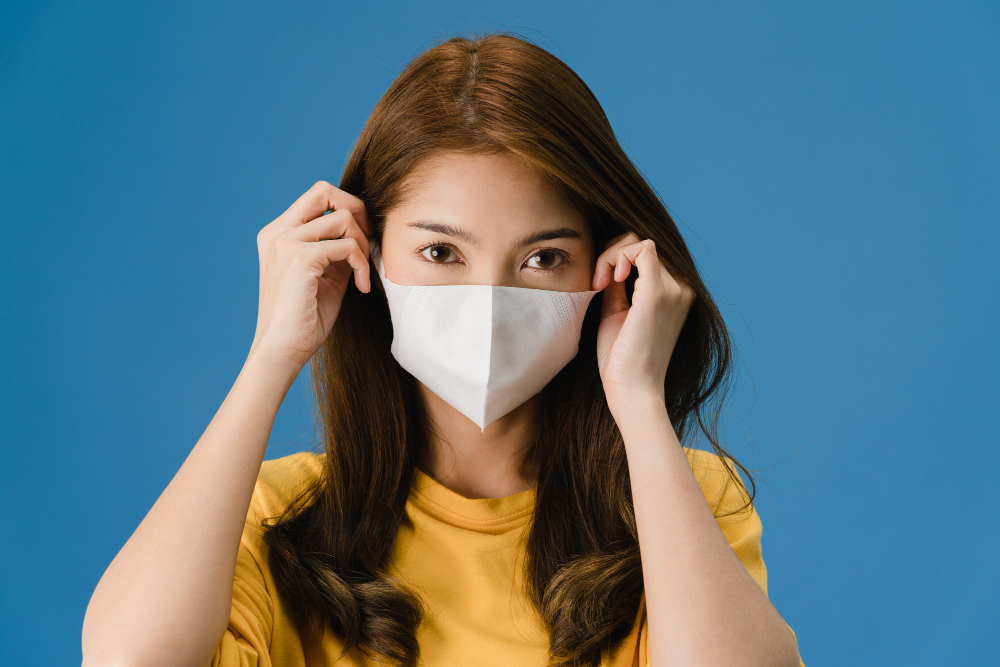
Wearing a mask doesn’t only protect you from COVID-19, it could also be a worthwhile precaution during flu season. You will want to wear a mask whenever you’re in crowded indoor settings since these are your riskiest environments for airborne transmission. Even if you’re vaccinated against COVID and the flu, it can still provide a modicum of additional protection.
3. Healthy Diet and Exercise
A robust immune system will be the best way to prevent yourself from catching anything during the cold and flu season. So diet and exercise are key. A nutritious diet will help provide what your cells, including immune cells, need.
You should avoid processed foods, red meats, and refined sugars; These can cause health problems leading to a suppressed immune system. The best diets are plant-rich with fruits, vegetables, legumes, fiber, protein, and whole grains.
But what about exercise? Well, when it comes to that, you’re going to want to incorporate at least moderate to medium exercise into your daily routine. This will lower your blood pressure, control your weight, strengthen your cardiovascular system, and protect your body from certain diseases.
Related: Bone Strengthening Exercises: Everything You Need to Know
4. Stay Hydrated

Water is essential for your health; every cell in your body needs this, including the cells within your immune system. Therefore, drinking water will be one of the best ways to improve and maintain your health. Staying hydrated can also help you recover faster should you become ill.
5. Get Your Vitamins
Vitamins are crucial for our health with specific vitamins having a role in your body’s immune response. These vitamins include folic acid, copper, zinc, iron, and Vitamins A, E, C, D, and B6.
They all help your body’s immune system in different ways including; producing antibodies, keeping our skin and tissues strong, and even regulating antimicrobial proteins. Not getting enough of these can lead to an impaired immune response.
[Related: 10 Back to School Health Tips]
6. Get Proper Rest
Who doesn’t love a good night's sleep? Getting enough sleep each night is also vital for your immune system. Getting less than six hours of sleep per night could make you more prone to illness as it’s been shown to increase your infection risk. Sleep is necessary so your body can restore the strength within your immune system. You’ll need to ensure you can get around seven to nine hours of sleep each night.
Preparing to Deal with a Cold or Flu
It’s best not to immediately assume that you can avoid the cold or flu this season, even with the flu shot. However, here are some ways to prepare to deal with it so you can take it head-on!
7. Stock up on supplies
One of the best things you can do for yourself would include preparing yourself entirely in case you or your family members catch a cold or flu. Some of the items that you may want to look into should include:
- Medicine cabinet essentials such as cold and flu medicine, cough suppressants, and fever reducers.
- Paper goods such as tissues and paper towels
- Entertainment in the case that your kids get sick (puzzles, board games, coloring books, DVDs, etc.)
- Drinks and comfort foods like tea and soups. While you’re at it, it’s also good to just have easy-to-prepare food on hand.
Generally, it’s best to stock up early so you don’t have to go out when you or your family are sick.
8. Get Your Home Ready
Just as you need to get stocked up on all your supplies, you’ll also need to stock up on or ensure the equipment you have is ready to go for cold and flu season. A few steps to take are below.
- Test your thermometer to make sure the batteries are good and that it’s working properly
- Clean your humidifier
- Disinfect frequently touched items and surfaces
9. Plan for Sick Days
If you’re sick, the best thing for everyone is to stay home. You’ll need the rest and you don’t want to spread a cold or flu around the workplace. It’s a good idea to familiarize yourself with the office policy to see how many sick days you have and see if family support days are offered in the case that your kids get sick. Also, will you have to take unpaid days off? It’s good to know and plan for these things ahead of time.
Also, see what the policy is for working from home. Your coworkers will appreciate you not coming into the office even if you only feel “a little sick.”
[Related: The Most Important Vitamins and Supplements for Energy]
10. Know What to Do Once a Cold or Flu Strikes
In the case that you or your children get sick, you want to have some kind of plan in place. Talk to friends and relatives to figure out who might be available to help in either case.
- Who can help pop over to check on your children if they’re at home sick?
- Who can help drive your children to school or activities if you’re sick?
11. Go Disposable
While going disposable isn't sustainable, it's something to consider if someone in the household gets sick since it'll reduce the chances of transmission. Items to switch out include paper cups, paper plates, paper towels, and perhaps even cutlery.
Bottom Line
With just a bit of planning and a few lifestyle changes, you can build up your immune system and give yourself the best shot at preventing an infection.
While getting a cold or flu isn’t pleasant, the recommendations here will make either one much more manageable and keep you from spreading it to others.
This article is provided for informational purposes only and is not intended to be used as medical advice. If you have immediate concerns about your health, please seek the help of your physician.
*These statements have not been evaluated by the Food and Drug Administration. This product is not intended to diagnose, treat, cure or prevent disease.
© 2022 Best in Nature All rights reserved




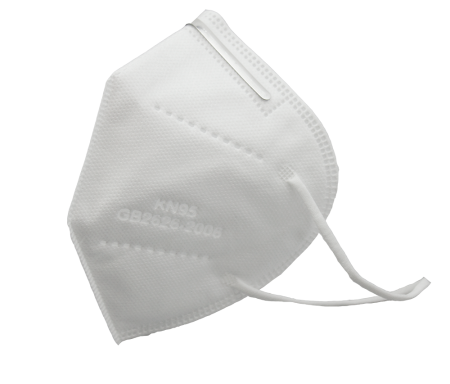
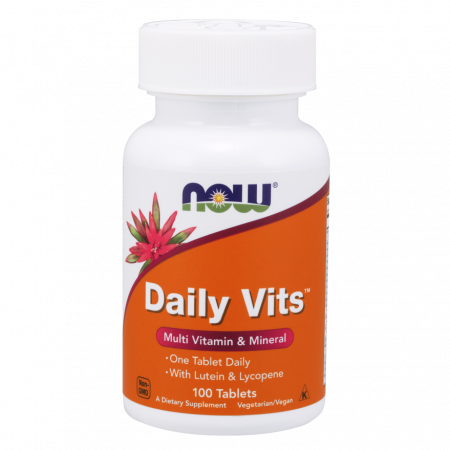
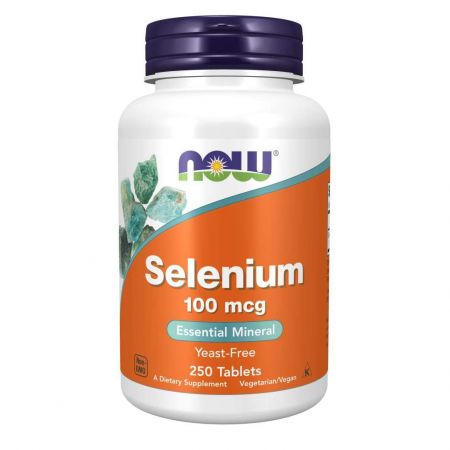
Validate your login
Sign In
Create New Account